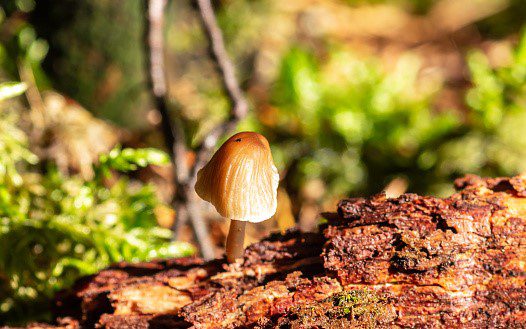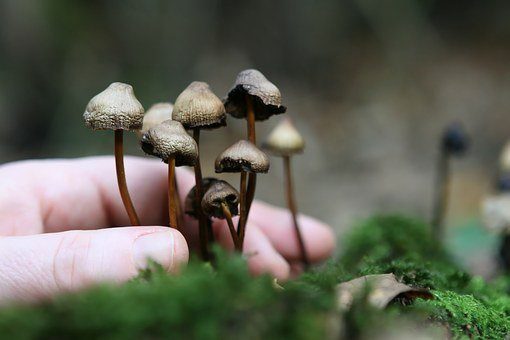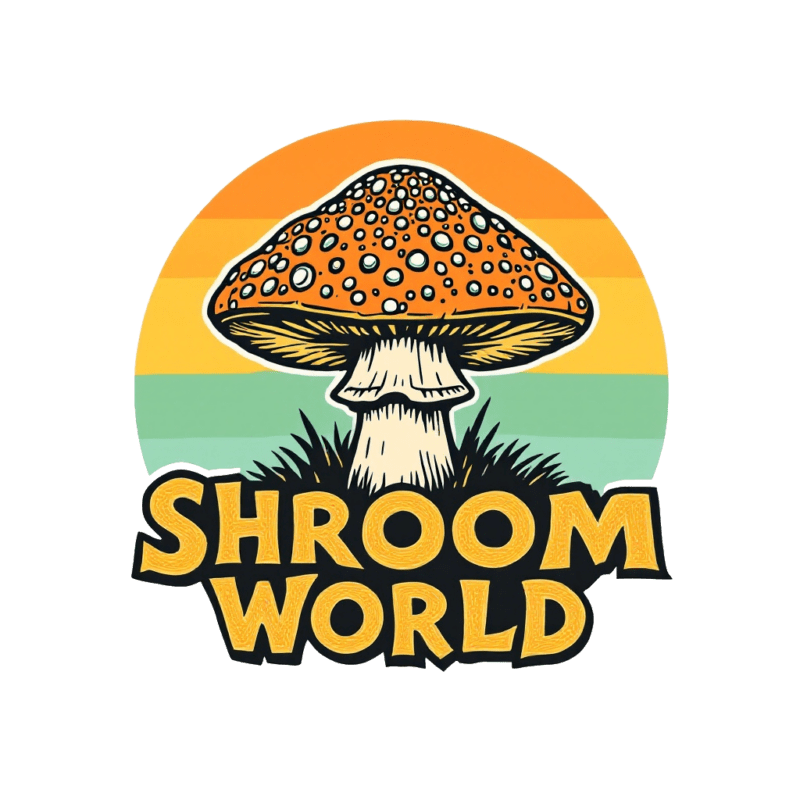
With the world abuzz with conversation around psychedelics and their ability to help with a wide range of mental health issues, the question for many remains: is it physically safe to ingest magic mushrooms? According to all available data, the answer is a resounding “yes”.
Yes, Magic Mushrooms is Safe
“Magic mushrooms are one of the safest drugs in the world,” said Adam Winstock, an addiction psychiatrist and founder of the Global Drug Survey, pointing out that the bigger risk was people picking and eating the wrong mushrooms. “Death from toxicity is almost unheard of with poisoning with more dangerous fungi being a much greater risk in terms of serious harms.”
Psilocybin is a naturally occurring psychedelic compound produced by more than 200 species of mushrooms, collectively known as psilocybin mushrooms.
The actual chemical make-up of psilocybin is so closely related to that of serotonin, a neurotransmitter our bodies creates naturally. The serotonin receptor (5-HT2A) plays a key role in regulating mood, sexual behavior, aggression, impulsivity, cognitive function, appetite, pain, thermoregulation, circadian rhythm, sleep and memory.
This “magic” fungi has an ability to allow the brain to be more flexible by creating more and newer neural connections. It allows the user to gain important perspective and to do so with more safety than nearly any other psychedelic medicine available. A MAPS study completed in 2002 showed that “The evidence reviewed suggests psilocybin to exhibit low toxicity and may be seen as physiologically well tolerated.”
Additionally, when looking at dosages, according to Brad Burge from the Multidisciplinary Association for Psychedelic Studies (Maps), “There is no known lethal dose for LSD or pure psilocybin.” While the power of the fungi should by no means be underrated, many have taken very high doses of this fungi medicine with no long-term, adverse physical effect.

The main concern with the medicine is that it be done in a safe environment as this accounts for the risk of accidental injury and eases any concern with panic or short-lived confusion or disorientation. While difficult or even frightening experiences can be reported, our hundreds of clients tell us that because they knew their physical bodies were safe and well cared for, they were able to look at difficult issues in their lives and face them head on. These difficult moments, though possibly overwhelming at the time, usually end of being the ones they’re most grateful to have experienced. This shows us that even difficult journeys, when held in a safe setting, have positive outcomes.
With nearly no addictive qualities reported from a wide array of studies, Both Winstock and Burge said that the findings indicate a need for drug policy reform, with a focus on shifting psychedelics off the schedule one list of the most dangerous controlled substances.
“Drug laws need to balance the positives and problems they can create in society and well crafted laws should nudge people to find the right balance for themselves,” said Winstock.
The last few years have given rise to several studies into the potential of psilocybin. Some of these studies have investigated the effects of psilocybin on the mood. As one of the most prominent institutions in the field, Imperial College London has led numerous studies where psilocybin was administered to patients with associated issues.
A 2020 paper[4] published in the Journal of Psychopharmacology details a study conducted at the institution. The authors state that psilocybin has shown promise for low mood, but the mechanism remains to be understood. In an attempt to uncover brain changes following psilocybin use, the researchers exposed patients to different emotional stimuli and measured their response using functional magnetic resonance imaging. They found that psilocybin altered connectivity in the amygdala and prefrontal cortex, resulting in revived emotional responsiveness. The authors state that the results may have uncovered why psilocybin appears to be effective. However, more placebo-controlled studies are required.
Other studies have shown that psilocybin may play a role in curbing compulsive use of other substances. Researchers[5] at John Hopkins University state that 80% of smokers were abstinent up to six months after participating in psilocybin research. They also suggest the ability of psilocybin to cause changes in brain plasticity that may result in altered mood, behaviour, and attitude.

There’s still a lot we don’t know about the potential of psilocybin and magic mushrooms. However, science has shown us that these substances seem to disrupt some of the neuronal patterns in our brain, enabling cross-talk between regions of the brain that normally don’t communicate with one another. This in turn can lead to extreme out-of-thebox thinking and problem[6] solving approaches.
If you’re planning on using magic mushrooms, you can rest assured that you’ll be trying the least addictive and least toxic recreational substance out there, according to the Global Drug Survey. However, that doesn’t mean you should start chewing on shrooms like crazy. Like with any other substance, it’s super important to take mushrooms responsibly and pay extra attention to your dose, set, and setting to ensure you get the most out of these powerful fungi.
Magic mushrooms, when taken responsibly, can produce extremely pleasurable effects, especially when you find the right dose. Microdoses of psilocybin, for example, can subtly reduce anxiety and improve mood. High doses, on the other hand, can propel your mind into a euphoric dimension where you fully “understand” the whole universe, making you cry from joy over your newfound enlightenment.
